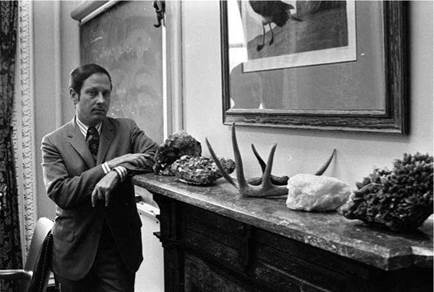Whitehead Switches Jobs
Although Tom Whitehead had been deeply involved as Peter Flanigan’s assistant in developing the Nixon administration position on post-Apollo space efforts and had been the originator of the president’s March 1970 space statement, NASA issues had in fact not been his primary concern in the first year of the Nixon administration. Rather, his major focus had been revising the policy and regulatory regime for telecommunications; it was Whitehead who was the moving force behind the Nixon “open skies” policy that permitted the domestic use of communications satellites. By early 1970, the White House decided that there were enough telecom – munications-related issues on the policy agenda to merit a separate organization to deal with them; Richard Nixon on February 9, 1970, sent a message to Congress announcing his intention to establish an Office of Telecommunications Policy within the Executive Office of the President.4 On September 22, Whitehead was named director of that office. Moving to head the new office meant that Whitehead would no longer serve as Flanigan’s staff person for NASA issues; that responsibility was divided between Flanigan staffers Will Kriegsman and Jonathan Rose. Over the subsequent months, neither exercised the amount of influence on NASA issues that had characterized Whitehead’s involvement. In addition, even as he directed the new office, Whitehead at critical moments would engage himself in decisions related to NASA’s future.
|
Nixon’s second science adviser, Edward E. David, Jr. (National Archives photo WHPO 7542-19 |











